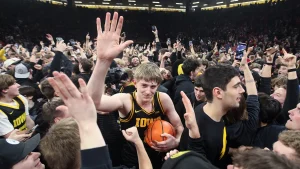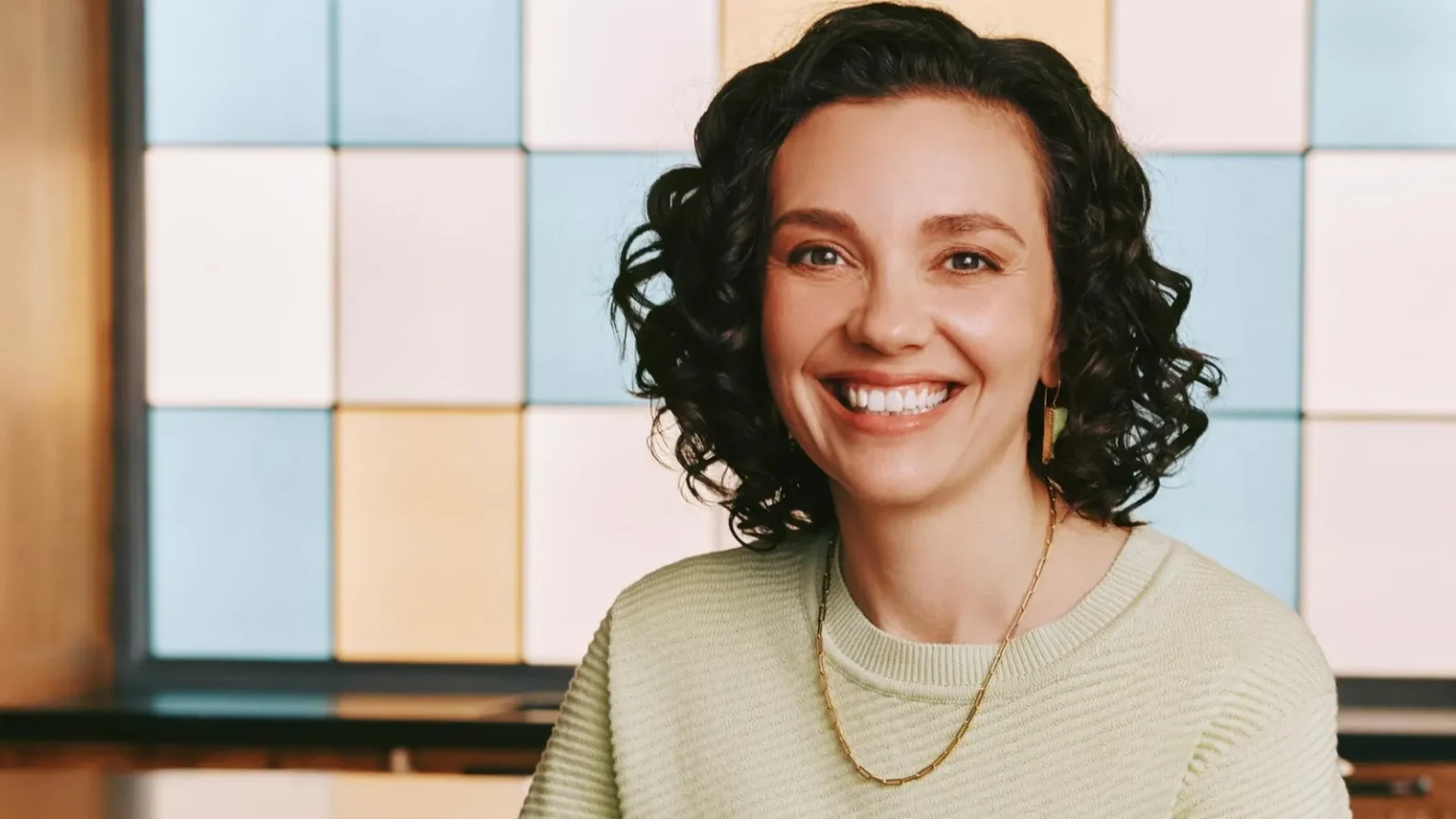Cari Tuna: The Thoughtful Philanthropist Shaping Our Future
Cari Tuna approaches philanthropy with the analytical mind of a journalist and the foresight of a futurist. At 40, the former Wall Street Journal reporter and wife of Facebook cofounder Dustin Moskovitz has emerged as one of the most strategic philanthropists of our time, directing billions toward causes that maximize human welfare while preparing for emerging risks. Long before COVID-19 arrived, Tuna was funding pandemic preparedness. Years before ChatGPT became a household name, she was directing millions into AI safety research. Her approach combines immediate global health interventions with forward-looking investments in potentially catastrophic risks, all guided by evidence rather than emotion. “If most donors are coming from relatively wealthy and healthy circumstances,” she explains, “then philanthropy is going to miss some of the biggest opportunities to help others, especially the most disadvantaged people.”
Tuna’s philanthropic journey began in 2011 when she left journalism to focus full-time on giving away the fortune she and Moskovitz had committed to donate. Rather than following conventional advice to fund causes she personally cared about, she spent a year interviewing hundreds of experts to develop criteria based on importance, neglectedness, and tractability. This led her to embrace ideas aligned with effective altruism—using evidence and reason to identify the most impactful ways to help others. Through Good Ventures Foundation and Open Philanthropy (which she chairs), Tuna and Moskovitz have already donated more than $4 billion, including over $600 million in fiscal 2025 alone. Their foundation still holds approximately $10 billion, with another $11 billion in Moskovitz’s personal fortune waiting to be distributed. As Moskovitz recently stepped down as CEO of Asana, the couple appears poised to accelerate their giving further.
Global health interventions represent the largest portion of the couple’s philanthropy to date. Their approach is ruthlessly mathematical—grants are evaluated in terms of “disability-adjusted life years” saved per dollar spent. This methodology has directed hundreds of millions to organizations like the Malaria Consortium ($307 million), Evidence Action ($206 million for deworming and clean water programs), and Helen Keller International ($103 million primarily for vitamin A supplementation). James Tibenderana, CEO of the Malaria Consortium, notes that “the amount of data they asked from us was huge. The intervention has to be cost-effective.” This rigorous, evidence-based approach has led to concrete results: 370 million doses of malaria treatments distributed and 32 million insecticide-treated nets provided. But the foundation also recognizes that pure economic calculations have limitations—they’ve adjusted their models to include “moral factors” that account for the value of children’s lives, even though children don’t contribute economically in the same way adults do.
Artificial intelligence safety has become a significant focus for Tuna and Moskovitz in recent years. They provided $1 million to the Future of Life Institute a decade ago, followed by $30 million to OpenAI’s nonprofit in 2017 and investment in Anthropic’s early funding round in 2021—”before it was obvious that these labs would make money,” as Tuna notes. This early involvement came from recognizing both AI’s transformative potential and its risks. “With hundreds of billions of dollars going into making AI more capable, there is immense competitive pressure to push the technology forward as quickly as possible,” Tuna explains. “But in order to manage the risks, you need coordination across companies and across countries.” Their Anthropic stake, now worth an estimated $500 million, was transferred to a nonprofit vehicle in early 2025 to eliminate potential conflicts of interest, with any returns directed back into philanthropy. Through Open Philanthropy, they’re now funding organizations like the Center for Security and Emerging Technology, the RAND Corporation, and FAR.AI to influence AI policy and enhance model safety.
Tuna is now working to transform Open Philanthropy from a single-donor foundation into a multi-donor vehicle. More than $200 million of the organization’s donations this year have come from other billionaires, including Stripe cofounder Patrick Collison and Lucy Southworth (Google cofounder Larry Page’s wife). These partnerships have launched initiatives like the $100-million Lead Exposure Action Fund and the Abundance and Growth Fund. “It’s quite rare to be a very successful foundation, and then also go on to influence other people’s money to a significant extent,” notes Alexander Berger, CEO of Open Philanthropy. During weekly walking meetings, Tuna and Berger discuss everything from strategy to outreach to distribution timelines. “When we started, there really wasn’t anywhere for a donor like us… with billions of dollars to give away over decades, who is open to any cause or way of working, in the service of helping others as much as we can,” Tuna reflects. The goal is to create a resource that’s ready for future donors who share their evidence-based approach.
Despite the vast resources at her disposal, Tuna maintains a remarkably grounded perspective on her role. Raised in Indiana by doctor parents who prioritized education, she views her access to such enormous wealth as “accidental” and feels a moral obligation to distribute it as effectively as possible. Her background—growing up with a Muslim father and Methodist mother, later marrying into a Jewish family, and now practicing Buddhist meditation—has shaped her universal humanitarian outlook. While AI safety has captured increasing attention and funding, Tuna emphasizes that she takes a diversified approach to giving: “If anything summarizes my approach, it’s that it’s not just one thing.” This portfolio strategy spans direct giving, policy advocacy, and strategic investing across multiple domains. As she puts it, “Progress and safety don’t have to be at odds.” In a world of philanthropy often driven by personal passion projects and public recognition, Tuna’s methodical, impact-maximizing approach stands apart—guided by data, focused on the future, and committed to helping those with the greatest needs, whether or not their causes make headlines.






